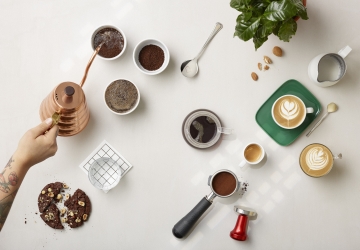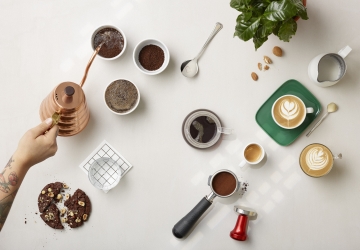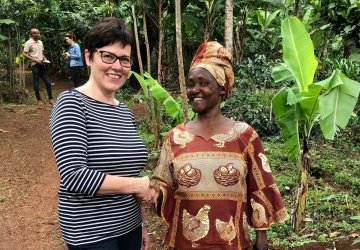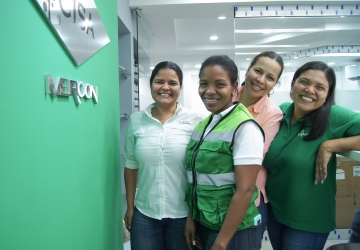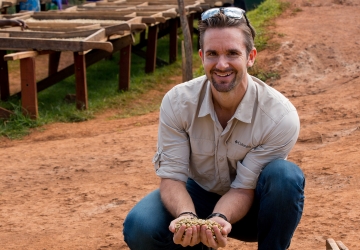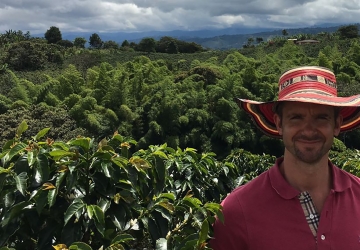Set an example – make a difference
The purpose of this important gesture, turning off your lights for one hour, is to draw attention to the advance of climate change. While governments, legislation and companies play a crucial role in curbing climate change, we can all make a difference with our own, everyday climate actions.
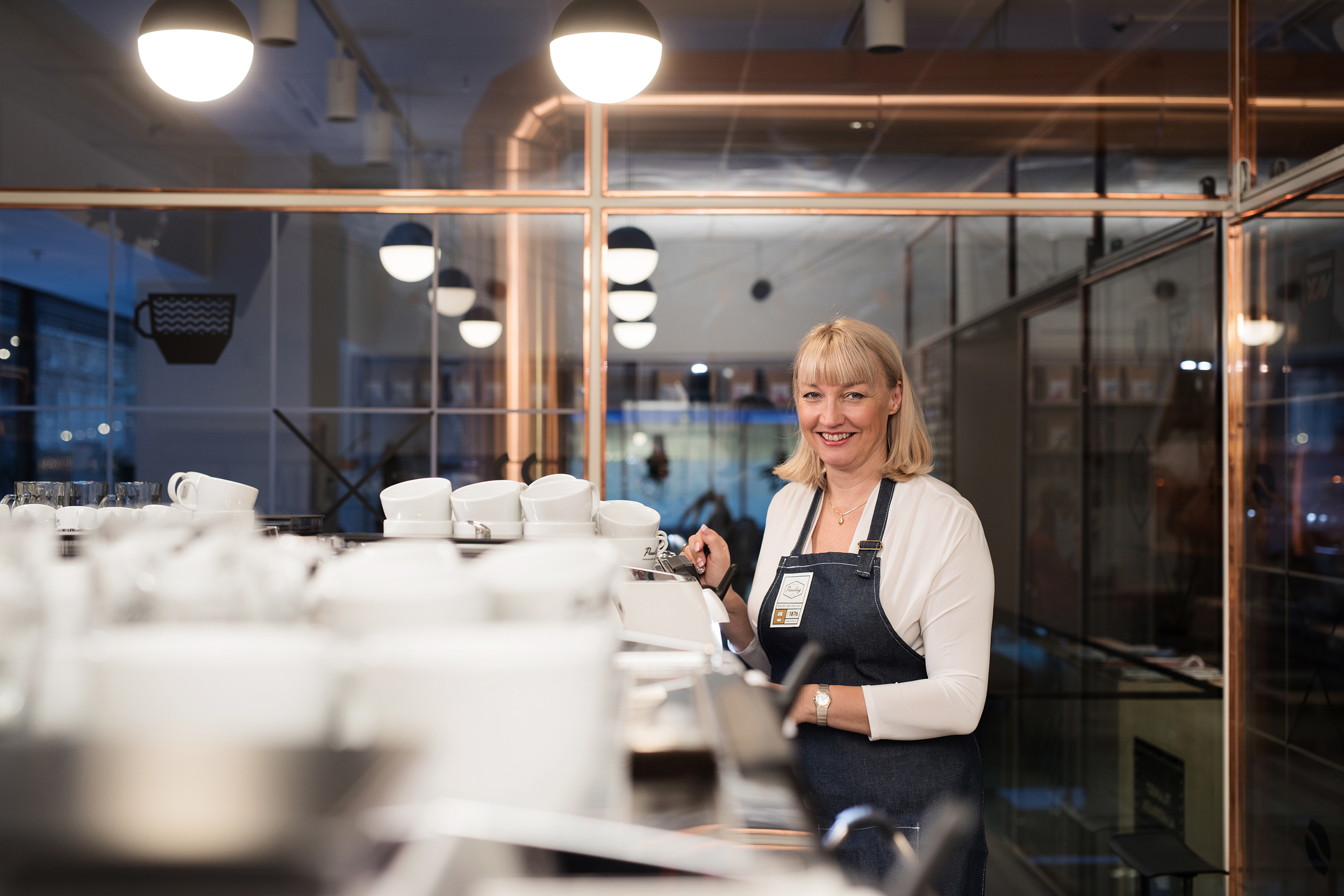
Climate change is already having a visible and tangible impact. It does not yet really affect life in Finland – excluding rainy winters, of course – but in coffee-growing countries on the Equator, its symptoms, such as increasing temperatures and plant diseases and pests, and the increase in extreme weather in general, do have an impact on the livelihoods of more than 25 million coffee farmers. In fact, climate change poses a serious problem to the demanding coffee plant. If we want to be enjoying our favourite coffees still decades from now, we must take action now.
Climate action from cabinets to kitchens
Stopping climate change requires co-operation. Everyone’s contribution matters, including that of governments, businesses, farmers and consumers. One of the most important actions is the Paris Climate Agreement, which has been signed by more than 200 countries, including Finland.
At Paulig, we are doing our part to stop climate change. The roastery in Vuosaari uses only biogas to roast coffee and we also use wind power. In fact, we reduced our greenhouse gas emissions per kilo of coffee by 94% from 2013 to the end of 2016 by investing in renewable energy. This is not enough, however, and we have set a common goal for our Coffee division (including the roasteries in Tolkkinen and Russia’s Tver) to lower greenhouse gas emissions by 40% from the 2015 level by the year 2020. We will achieve this by investing in energy efficiency and increasing our investment in renewable energy.
In addition, we no longer generate any landfill waste in Vuosaari. We also support coffee farmers’ adaptation to climate change through the Coffee & Climate project.
I take coffee challenges and opportunities into consideration in my own kitchen, too, because I am aware that a part of coffee’s carbon footprint is generated in our kitchens. I try to use as little energy as possible and do not leave the coffee maker on without a good reason. I also pay attention to food wastage. Actually, this is easy because all the coffee I make is always drunk up by coffee lovers and I never have to throw any away! I put the grounds in the compost (to become garden soil; roses especially like coffee) and I take the packaging to Rinki eco take-back points.
What are your small, everyday climate good deeds?
Elisa Markula
SVP & Managing Director
Coffee Division of Paulig Group

